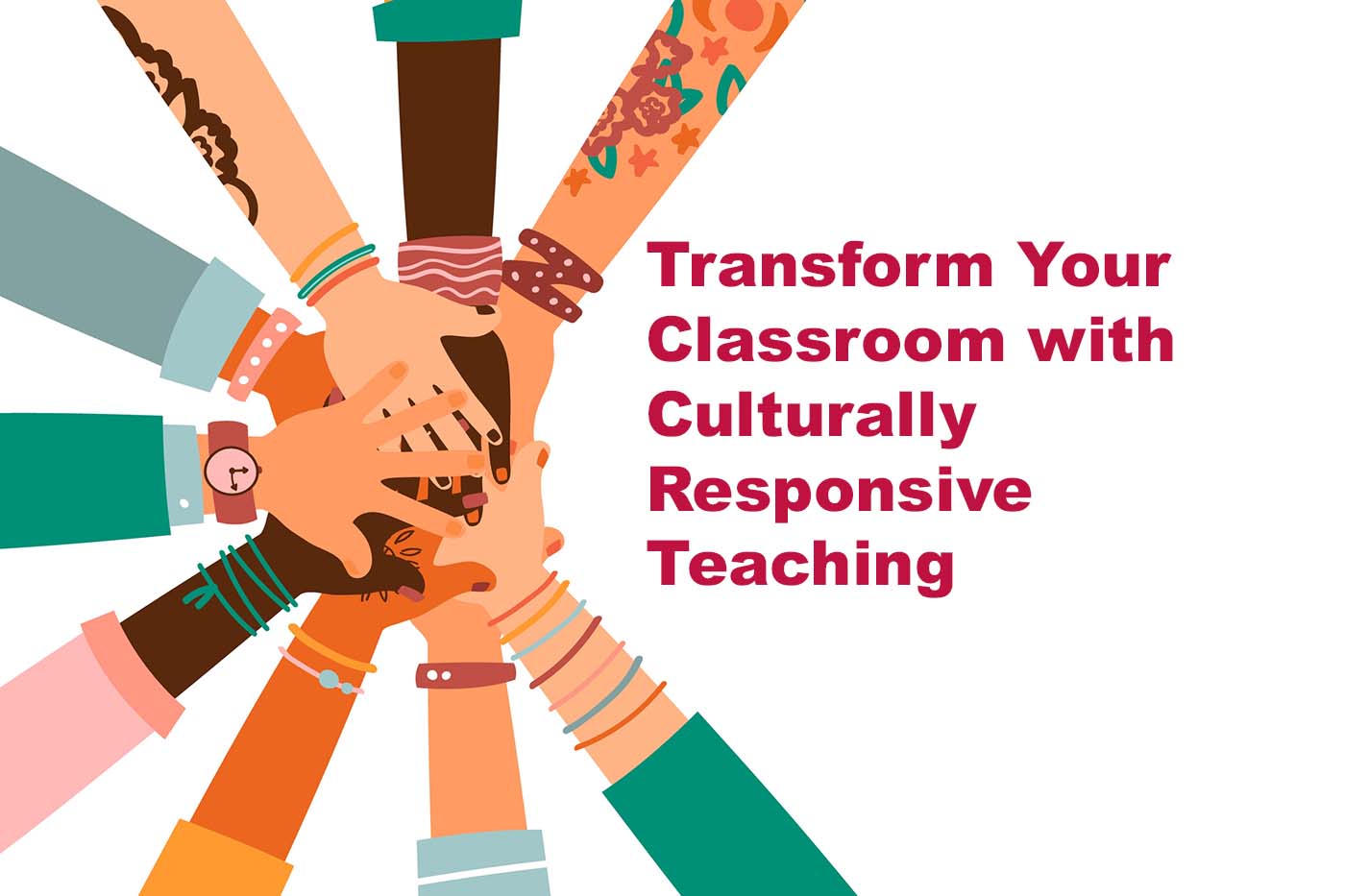Author:
Culturally Responsive Teaching Embracing Diversity
for Inclusive Learning
My life in Kazakhstan has been strongly intertwined in cultural depth and devotion to my traditions. As a Kazakh woman and educator, family values, respect for elders, richness of our language were all integral to my existence. Kazakhstan is a multi-ethnic state with more than 106 nationalities, which serves as a unifying factor. However, as I ventured into teaching, I was presented with the challenge of having a class of students from diverse backgrounds, the majority of whom came from different cultures.
One particular moment stands out vividly. It was during a social studies lesson when a student from a Chinese background shared her family’s traditions during the Chinese New Year. As she described the significance of her family’s customs, I felt a shift in the classroom dynamic and a newfound respect and curiosity blossomed among my students. The curriculum focused solely on Kazakh tradition of new year celebrations without making room for other cultures. I noticed my students’ faces looked intrigued, while others appeared puzzled, lost in a narrative that felt distant from their own experiences. This was my gateway to embedding a more culturally responsive pedagogy in my teaching practice.
This contrast highlighted an essential truth about culturally responsive teaching. It is not enough to simply present information, we must connect that information to the lives and cultures of our students. Howe, Johnson, and Te Momom remind us that effective indigenization of the curriculum requires a commitment to undertake proactive measures aimed at restoring, renewing, and regenerating indigenous practices and languages. It also involves the recognition of diverse knowledge systems and the incorporation of those perspectives into our teaching practices. I realized that the curriculum needs to embrace not just my cultural background but also the rich heritages of my students many of whom came from immigrant families with stories and traditions that were equally worthy of exploration.
Reference
Howe et al. (2021). Effective Indigenization of Curriculum in Canada and New Zealand: Towards Culturally Responsive Pedagogies. https://moodle.tru.ca/pluginfile.php/3927078/mod_resource/content/1/Effective%20Indigenization%20of%20Curriculum%20in%20Canada%20and%20New%20Zealand%20%282021%29.pdf

Hi Aidana,
Your blog on culturally responsive teaching is insightful and deeply personal. By sharing your experience in Kazakhstan’s diverse educational landscape, you effectively highlight the importance of inclusivity in the classroom. The moment when your Chinese student shared her New Year traditions is a powerful example of how acknowledging different cultural backgrounds can foster engagement and mutual respect. Besides, your discussion on the limitations of a curriculum that solely emphasizes Kazakh traditions underscores a crucial need for broader representation. In addition, the reference to Howe, Johnson, and Te Momom strengthens your argument by emphasizing the role of proactive curriculum changes. Your realization that education should embrace all students’ heritages is commendable and aligns with best practices in culturally responsive pedagogy. Great work!
Hi Aidana,
I find the points you raised in your blog captivating. The realization that the curriculum does not adequately represent the many backgrounds of your students is an important turning point. It demonstrates how much you cherish each student’s sense of being seen, heard, and respected. This is the exact mentality that has the power to revolutionize education. I agree that it takes work to provide a curriculum that is really inclusive. However, your thought goes beyond the academic realm to address a deeper issue: education is about respecting each student’s unique identity, traditions, and stories, not merely imparting knowledge. The fact that, despite the limitations of a standardized curriculum, you actively modified your approach rather than simply accepting it is incredibly motivating. More teachers ought to take inspiration from you. Continue; you are truly changing things and making a difference!
Your discussion of how your students seemed intrigued and curious to know that other cultures have different ways of celebrating events was a “teachable moment.” It was an opportunity to embed cultural responsiveness into your teaching